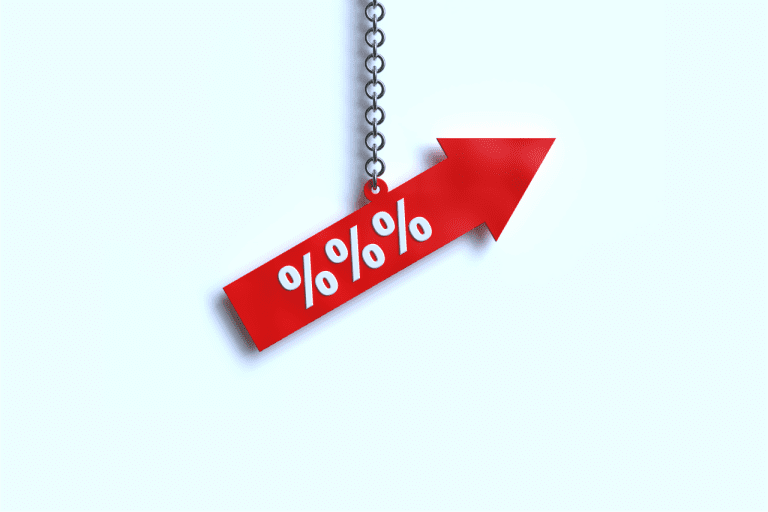
Few individuals are aware that, upon closing on a property transaction, they will also be subject to a tax on the purchase price. Therefore, the recently announced Stamp Duty amendments by the government, raising the starting first-time buyer level from £125,000 to £250,000, will result in significant savings of up to £2,500 for people moving house.
For first-time buyers, the Stamp Duty relief is a welcome initiative. Not only does the relief offer substantial savings, but it also provides first-time buyers with more opportunities to secure homes in areas that were perhaps out of reach before, or it enables them to buy larger homes from the outset. The Stamp Duty threshold has been increased, meaning first-time buyers will pay no tax on properties worth up to £425,000. For properties costing up to £625,000, no Stamp Duty will be paid on the first £425,000, but the normal rate of 5% will apply to on the remaining amount, up to £200,000.
However, it’s worth noting that if a first-time buyer is looking to purchase a property above £625,000, normal Stamp Duty rates will apply.
The modifications apply to those who are already in the process of purchasing a home. Individuals should consult with their mortgage provider and conveyancing attorney. From the acceptance of an offer to the closing of a transaction, it typically takes four months due to the strain on professional services caused by the robust housing market.
Those purchasing additional properties and non-UK residents are still required to pay the applicable premium.
As the cost of living increased, some first-time homebuyers were worried about their capacity to finance a mortgage and their eligibility to obtain one. Despite the financial turbulence caused by the Chancellor’s mini-budget, the Stamp Duty increases may prompt a plan revision.
- Blog
- Latest News



